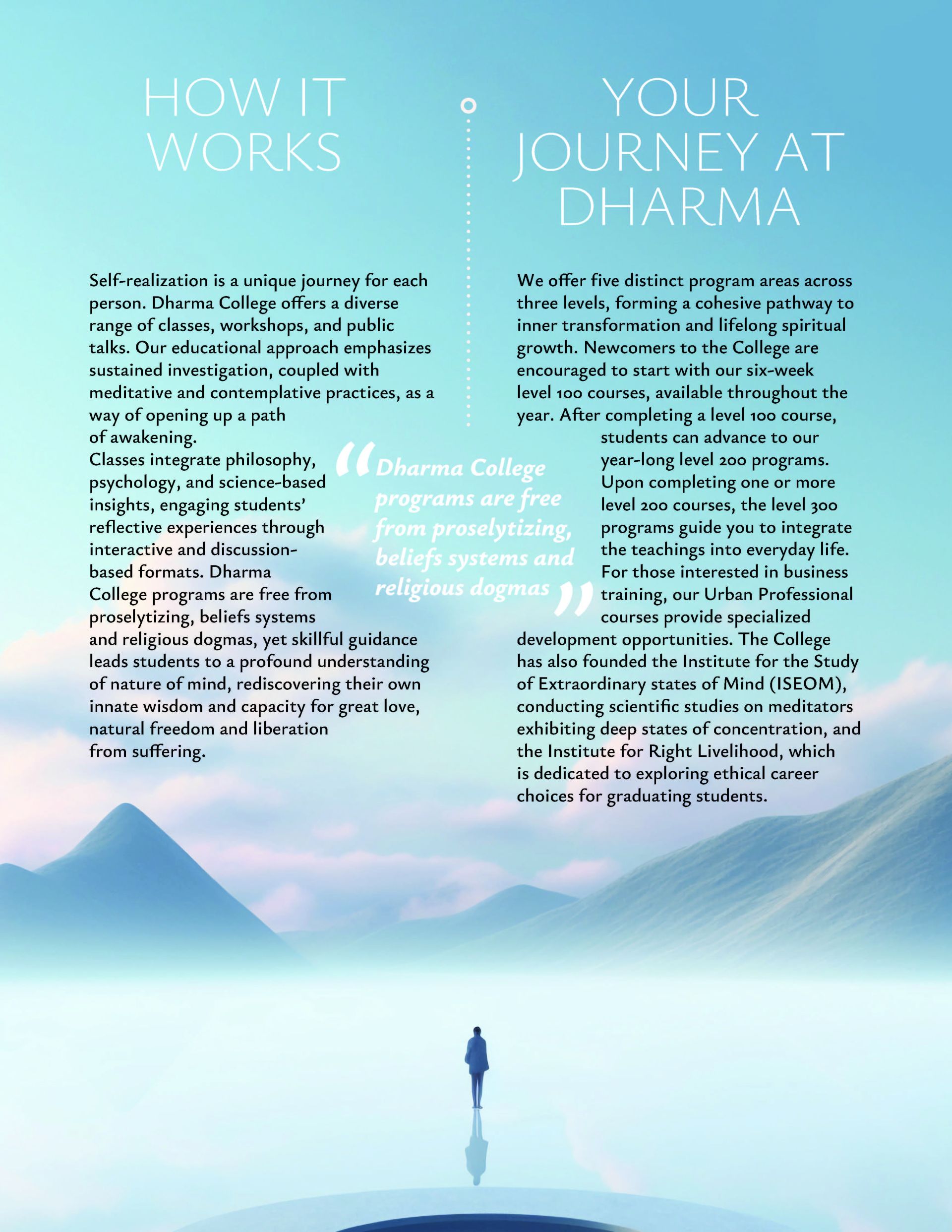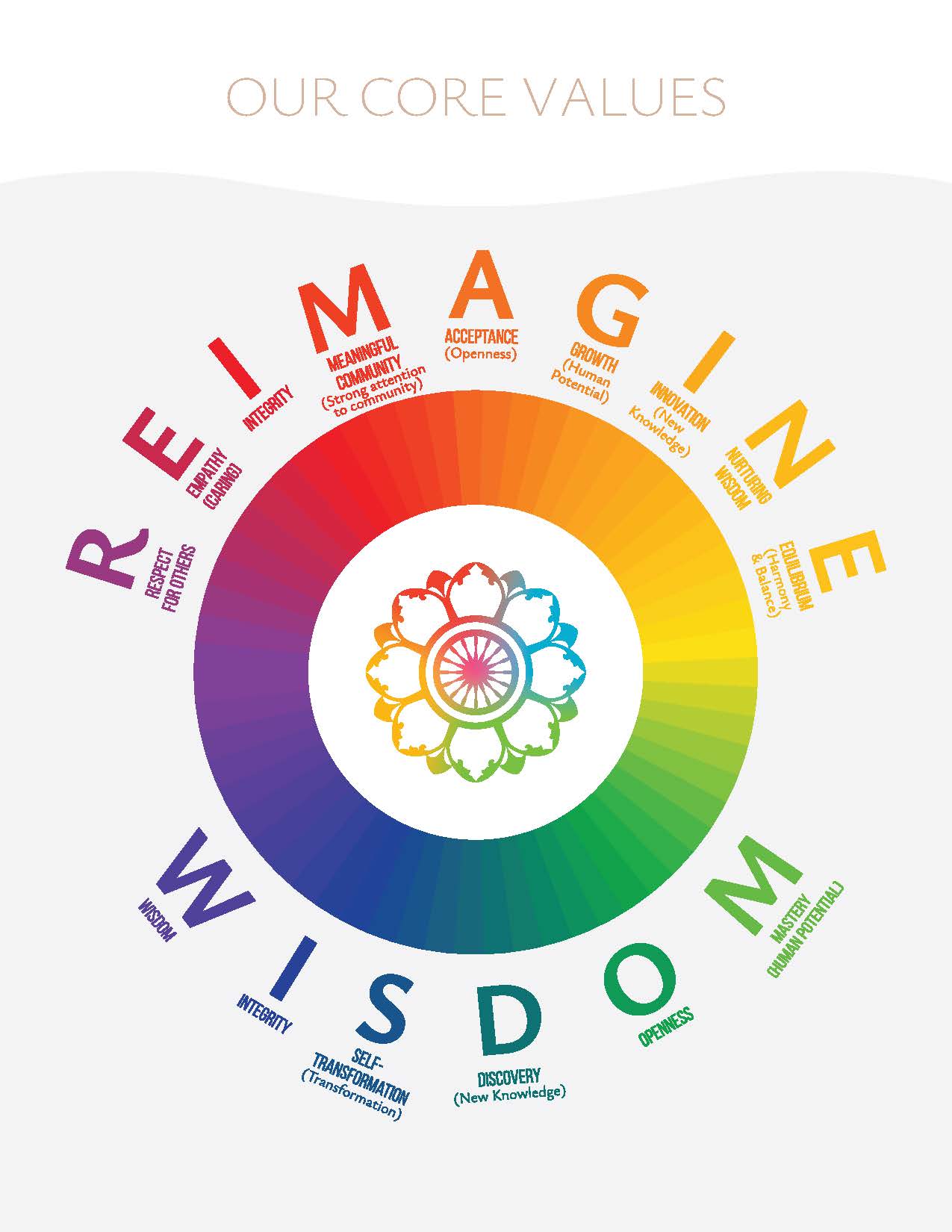Stress is an inevitable part of life, but how we manage it can make all
the difference in our overall well-being. At Dharma College, we offer a
comprehensive Stress Management Course designed to equip you with practical
tools and techniques to handle stress effectively. By learning how to manage
stress, you can enhance your mental and physical health, improve your
relationships, and achieve a greater sense of balance and fulfillment.
Take this course: Employee Wellness Program-Overcoming Workplace Burnout
Understanding Stress
Stress is the body’s response to any demand or threat, real or perceived. While short-term stress can be beneficial, motivating us to perform well, chronic stress can have serious negative effects on our health and well-being. Common symptoms of chronic stress include anxiety, depression, fatigue, and a weakened immune system.
The Benefits of Effective Stress Management
- Improved Mental Health: Reducing stress can help alleviate symptoms of anxiety and depression, leading to a more positive outlook on life.
- Enhanced Physical Health: Managing stress can lower blood pressure, improve sleep, and boost the immune system.
- Better Relationships: Learning how to manage stress can improve communication and reduce conflict in relationships.
- Increased Productivity: Reducing stress can enhance focus, creativity, and productivity, helping you achieve your goals more efficiently.
What You Will Learn in Our Stress Management Course
Our Stress Management Course at Dharma College is designed to provide you
with a comprehensive understanding of stress and equip you with practical tools
to manage it effectively. Here’s what you can expect to learn:
1. Identifying Stressors
The first step in managing stress is to identify the sources of stress in
your life. Our course will help you recognize both external and internal
stressors and understand how they affect you.
2. Mindfulness and Meditation
Mindfulness and meditation are powerful tools for managing stress. These
practices help you stay present and focused, reducing the impact of stress on
your mind and body. Our course includes guided meditation sessions and
mindfulness exercises to help you develop these skills.
3. Breathing Techniques
Breathing exercises can help activate the body’s relaxation response and
reduce stress. You will learn various breathing techniques, such as
diaphragmatic breathing and the 4-7-8 technique, to help you relax and manage
stress more effectively.
4. Cognitive Behavioral Strategies
Cognitive-behavioral strategies can help you reframe negative thought
patterns and develop a healthier mindset. Our course will teach you how to
identify and challenge negative thoughts and replace them with more positive
and constructive ones.
5. Time Management and Organization
Effective time management and organization can help reduce stress by
making you feel more in control of your life. Our course includes practical
tips and techniques for managing your time and staying organized.
6. Physical Activity and Relaxation
Techniques
Regular physical activity and relaxation techniques can help reduce
stress and improve your overall well-being. Our course includes sessions on
yoga, tai chi, and other relaxation techniques to help you manage stress
through physical activity.
Join Us at Dharma College
At Dharma College, we are committed to helping you achieve a balanced and
fulfilling life. Our Stress Management Course provides the tools and support
you need to manage stress effectively and unlock your full potential. Whether
you are dealing with work-related stress, personal challenges, or simply
looking to improve your overall well-being, our course can help you achieve
your goals.
Discover the benefits of effective stress management with us. Visit our
website to learn more about our Stress Management Course and enroll today. Your
journey to a stress-free and fulfilling life begins here.
References
- Chiesa, Alberto, and Alessandro Serretti. "Mindfulness-Based Stress Reduction for Stress Management in Healthy People: A Review and Meta-Analysis." Journal of Alternative and Complementary Medicine, vol. 15, no. 5, 2009, pp. 593-600.
- Davis, Daphne M., and Jeffrey A. Hayes. "What Are the Benefits of Mindfulness? A Practice Review of Psychotherapy-Related Research." Psychotherapy, vol. 48, no. 2, 2011, pp. 198-208.
- Grossman, Paul, et al. "Mindfulness-Based Stress Reduction and Health Benefits: A Meta-Analysis." Journal of Psychosomatic Research, vol. 57, no. 1, 2004, pp. 35-43.
- Kabat-Zinn, Jon. Full Catastrophe Living: Using the Wisdom of Your Body and Mind to Face Stress, Pain, and Illness. Delta, 1990.
- Lazar, Sara W., et al. "Meditation Experience Is Associated with Increased Cortical Thickness." NeuroReport, vol. 16, no. 17, 2005, pp. 1893-1897.
- Linehan, Marsha M. Cognitive-Behavioral Treatment of Borderline Personality Disorder. Guilford Press, 1993.
- McEwen, Bruce S. "Stress, Adaptation, and Disease: Allostasis and Allostatic Load." Annals of the New York Academy of Sciences, vol. 840, no. 1, 1998, pp. 33-44.
- Sapolsky, Robert M. Why Zebras Don’t Get Ulcers: The Acclaimed Guide to Stress, Stress-Related Diseases, and Coping. Holt Paperbacks, 2004.
- Shapiro, Shauna L., et al. "Mechanisms of Mindfulness." Journal of Clinical Psychology, vol. 62, no. 3, 2006, pp. 373-386.
- Siegel, Daniel J. The Mindful Brain: Reflection and Attunement in the Cultivation of Well-Being. W.W. Norton & Company, 2007.






Copyright © 2024 Dharma College, All rights reserved.
Dharma College is an experiential academy for investigating the inner depths of mind and opening to an innate understanding of the treasures and freedom of Being.
This email was sent to <<Email Address>
Want to change how you receive these emails?
You can update your preferences or unsubscribe from this list.

Contact
(510) 704-1105

